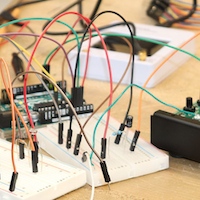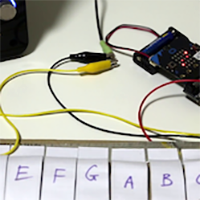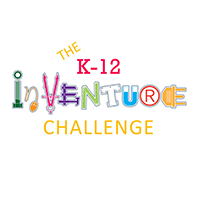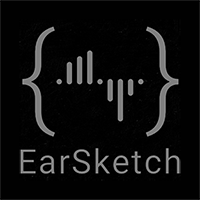
Are your students ready to choose the “next” great instrument?
Getting Started with Guthman
-
Click here to read a little bit about the history of the Guthman Competition and about instrument design and music.
-
Show students the video of the performance of the Guthman Competition winners
• 2020 Guthman Competition winner: ElectroSpit. Click here to read more about this instrument.
• 2021 People's Choice Award: The LEGO Microtonal Guitar -
Open tracking sheet* and click on Guthman Gallery to view instrument inventions and participate in judging this year’s winner. Students can vote on the “next” great instrument by clicking on the heart icon in the lower left corner of the instrument description. Encourage students to focus on the purpose of each instrument. *The tracking sheet asks guiding questions for students to answer with each video and also asks students to rank the instruments. Some videos/websites provide more information than others, so they may not be able to answer every question per entry. This sheet is really just a tool to organize the judging process. They can sort by column J to see their favorites at the end of the process.
- Other options to engage with the videos/websites could include:
• Having the class tally their favorite instruments
• Create a pitch or write a persuasive essay to explain why a specific instrument should be chosen as a winner
• Creating rubrics to judge the videos
Going forward with Guthman
Guthman Featured in New York Times
Paper Piano
Inventure Prize
EarSketch
Grade Band: Grades 5-12 - Computer Science, Technology, Math,Music
Overview: EarSketch is a free web-based platform to help students of all ages learn core topics in computer science, music, and music technology in a fun and engaging learning environment. EarSketch helps students learn to code in Python or JavaScript through manipulating loops, composing beats, remixing sounds, and applying effects to a multi-track digital audio workstation.
Instrument Design Lessons (not affiliated with Georgia Tech)
Hands on Activities: Simple Instruments
Students work with partners to create four different instruments to investigate the frequency of the sounds they make. Teams may choose to make a shoebox guitar, water-glass xylophone, straw panpipe or a soda bottle organ (or all four!
Make your own Woodwind Instrument
In this lesson plan, which is adaptable for grades K-3, students use BrainPOP Jr. resources to identify characteristics of woodwind instruments. Students then create and play their own original woodwind instrument.
Makey-Makey Musical Instruments
Design and create your own electronic musical instrument using art materials, cardboard and simple coding through Scratch. Your instrument can be as simple as a drum to more complex forms including guitars, pianos or futuristic new forms.
Design and Build a Musical Instrument
Students will use their predicting skills to design and build a musical instrument that is able to change sounds.





